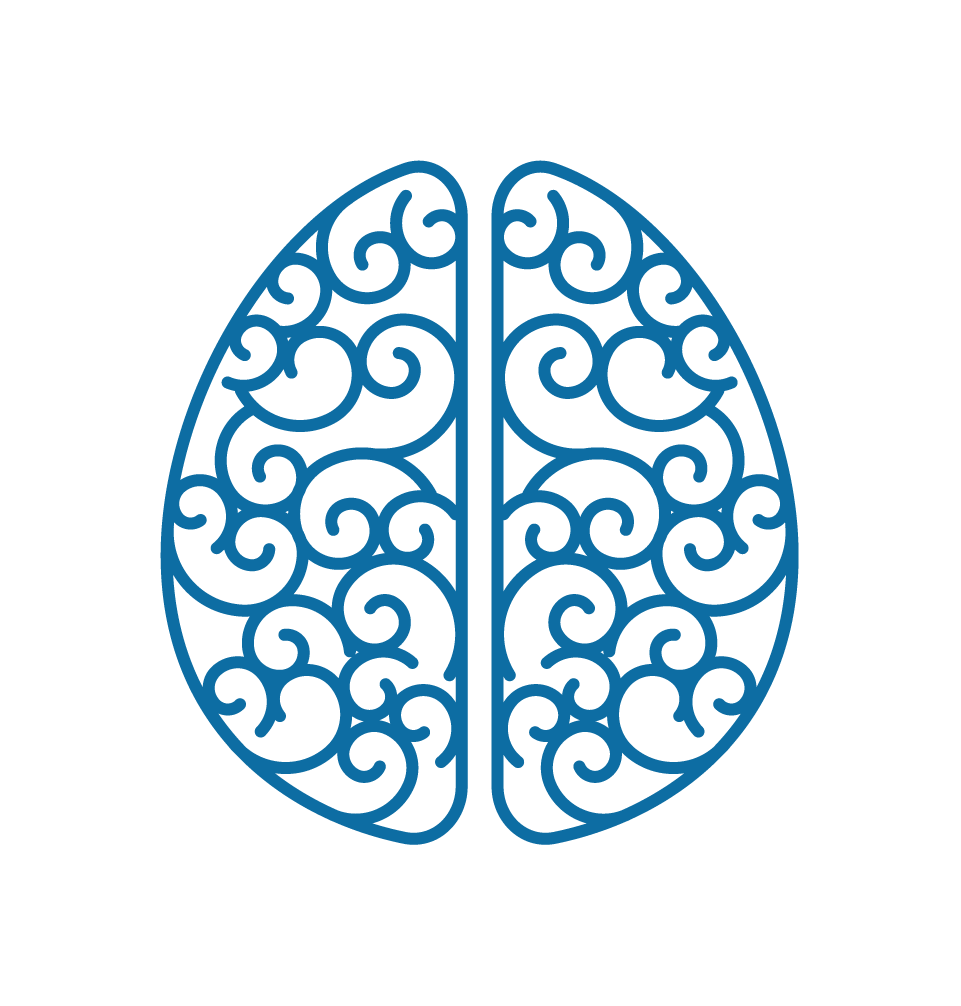“I had a stroke” |“Tuve un derrame cerebral”
When someone tells you that they had a stroke, what comes to mind? I will admit that until I went to medical school, I did not understand what exactly a stroke is. I did not understand the mechanisms of how strokes can happen. Now as a Neurologist. I get a lot of questions from patients about their own strokes. People want to know how and why the stroke happened. They want to understand why they are having specific symptoms. Many times they think they did not have a stroke because their symptoms are different from what they thought a stroke causes.
In this video I introduce 2 big categories of stroke and how they happen. I explain why one person’s stroke symptoms can be very different than another person’s.
Cuando alguien te dice que ha sufrido un derrame cerebral, ¿qué te viene a la mente? Admito que hasta que fui a la facultad de medicina no entendía exactamente qué es un derrame cerebral. No entendía los mecanismos por los que pueden ocurrir. Ahora, como neurólogo, recibo muchas preguntas de pacientes sobre sus propios derrames cerebrales. La gente quiere saber cómo y por qué se produjo el derrame cerebral. Quieren entender por qué tienen síntomas específicos. Muchas veces piensan que no han tenido un derrame cerebral porque sus síntomas son diferentes de lo que creían que causa un derrame cerebral.
En este video presento dos grandes categorías de derrame cerebral y cómo ocurren. Explico por qué los síntomas de un derrame cerebral de una persona pueden ser muy diferentes a los de otra.
